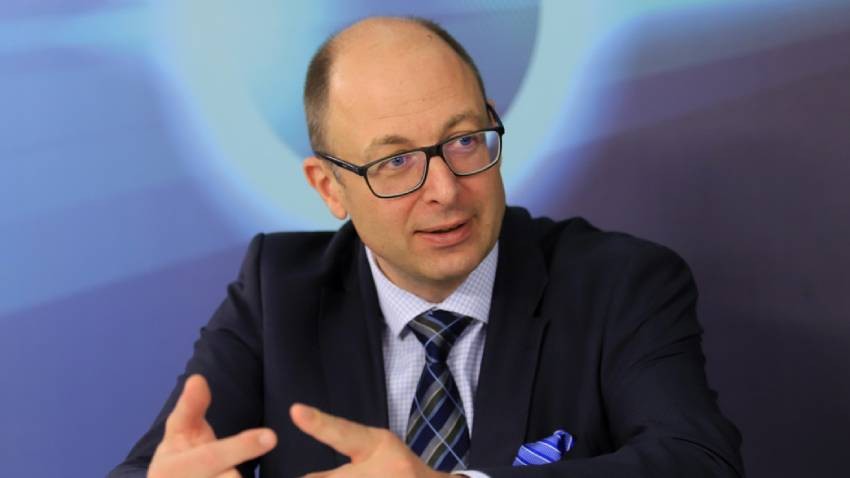





Bulgaria has emerged from a long political slumber – 81 days after the sixth early parliamentary elections, the National Assembly elected the country's 105th government. A total of 125 MPs supported the coalition cabinet, formed through an agreement..
The new plenary session of the 51 st National Assembly began with declarations about the priorities of the political parties. For GERB-SDS, the main task is the formation of a regular government and a stable ruling majority, MP Toma Bikov said. He..
GERB-SDS terminates the negotiations for the formation of a regular government due to the refusal of Democratic Bulgaria to support a GERB candidate for prime minister, said GERB. ''No agreement was reached with Democratic Bulgaria on the..

+359 2 9336 661
